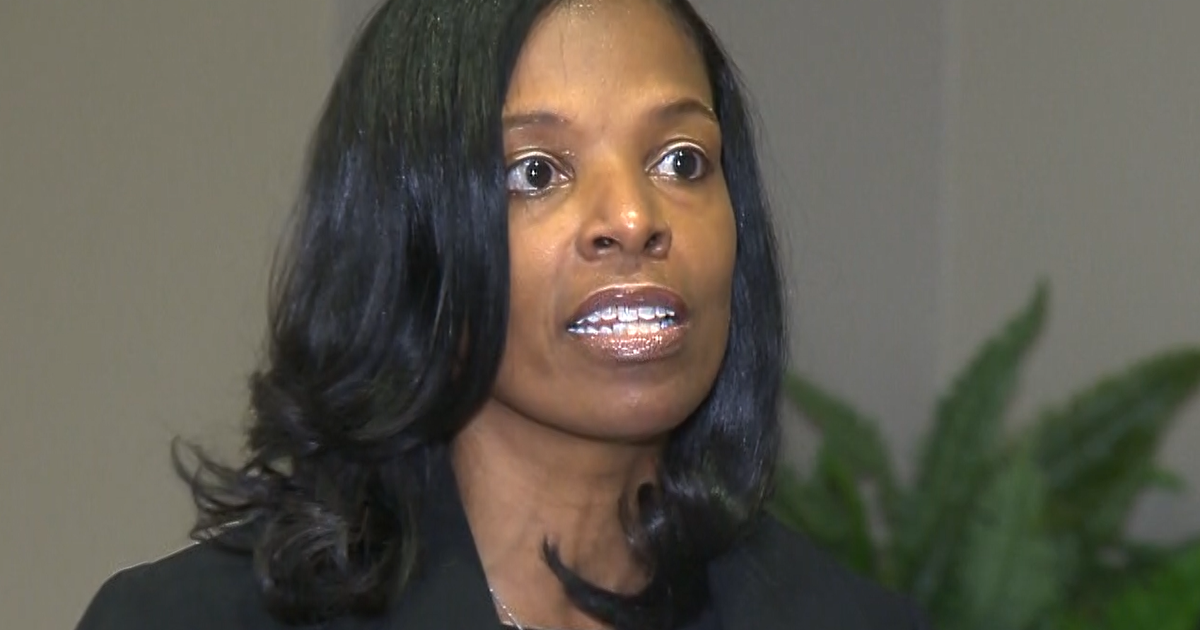FDA bans Juul e-cigarettes from the U.S. market
The U.S. Food and Drug Administration on Thursday ordered Juul Labs Inc.'s e-cigarettes off the market, saying the products play an outsized role in the rise in youth vaping.
The sales ban follows nearly two years of back and forth between the regulator and the San Francisco-based company, which had requested authorization for its tobacco and menthol-favored products to remain on the market.
To stay on the market, companies must show that their e-cigarettes benefit public health, which means proving that adult smokers who use them are likely to quit or reduce their smoking, while teens are unlikely to get hooked on them.
The company failed to provide evidence their products meet legal standards, Michele Mital, acting director of the FDA's Center for Tobacco Products, said in a statement.
"The FDA is tasked with ensuring that tobacco products sold in this country meet the standard set by the law, but the responsibility to demonstrate that a product meets those standards ultimately falls on the shoulders of the company," she said.
"However, the company did not provide that evidence and instead left us with significant questions. Without the data needed to determine relevant health risks, the FDA is issuing these marketing denial orders," Mital said.
The FDA's move is a piece of a wide-ranging review of the vaping industry. The agency for years has faced calls from lawmakers and public health advocates to tighten its regulation of vaping products as they grew increasingly popular among teenagers.
Juul could appeal
In a statement, Juul Labs said it would seek a stay of the FDA's decision and was exploring an appeal.
The company said its application "appropriately characterized the toxicological profile of JUUL products, including comparisons to combustible cigarettes and other vapor products," and that "this data, along with the totality of the evidence, meets the statutory standard of being 'appropriate for the protection of the public health,'" according to a statement from chief regulatory officer Joe Murillo.
"We intend to seek a stay and are exploring all of our options under the FDA's regulations and the law, including appealing the decision and engaging with our regulator. We remain committed to doing all in our power to continue serving the millions of American adult smokers who have successfully used our products to transition away from combustible cigarettes, which remain available on market shelves nationwide," the statement said.
The FDA previously banned the sale of fruit- and sweet-flavored e-cigarettes after critics contended the products were aimed at minors. The agency earlier this year cleared some products made by Juul competitor NJOY to stay on the market, and authorized British American Tobacco's e-cigarette Vuse.
But industry players and anti-tobacco advocates have complained that those products account for just a tiny percent of the $6 billion vaping market in the U.S. Juul remains the best-selling vaping brand, with more than 50% of the market, although its sales have dipped, the Associated Press reported.
The American Lung Association called Thursday's decision "long overdue and most welcome," and cited Juul for stoking youth vaping.
Science on vaping mixed
Marketed as an alternative for smokers trying to kick the habit, e-cigarettes have helped some adults do exactly that. However, the products have also ushered in an epidemic of youth vaping.
Studies have reached conflicting results about whether vaping truly helps smokers quit, and efforts by the FDA to rule on vaping products and their claims were repeatedly slowed by industry lobbying and competing political interests, the Associated Press reported.
The vaping issue took on new urgency in 2018 when Juul's high-nicotine, fruity-flavored cartridges became a nationwide craze among middle and high school students. The company, which is partly owned by tobacco giant Altria, faces a slew of federal and state investigations into its early marketing practices, which included distributing free Juul products at concerts and parties hosted by young influencers.
In 2020, the FDA limited flavors in small vaping devices to just tobacco and menthol. Separately, Congress raised the purchase age for all tobacco and vaping products to 21.
The FDA noted on Thursday that some of the industry's biggest sellers, like Juul, may have played a "disproportionate" role in the rise in teen vaping. More than 2 million U.S. middle and high school students reported using e-cigarettes in 2021, according to a study released in September by the FDA and the U.S. Centers for Disease Control and Prevention.
Juul's regulatory defeat is the second dealt to the tobacco industry in recent days. The Biden administration this week saying it would order cigarette makers to cut nicotine levels in an attempt to cut smoking-related deaths.
The Associated Press contributed reporting.







